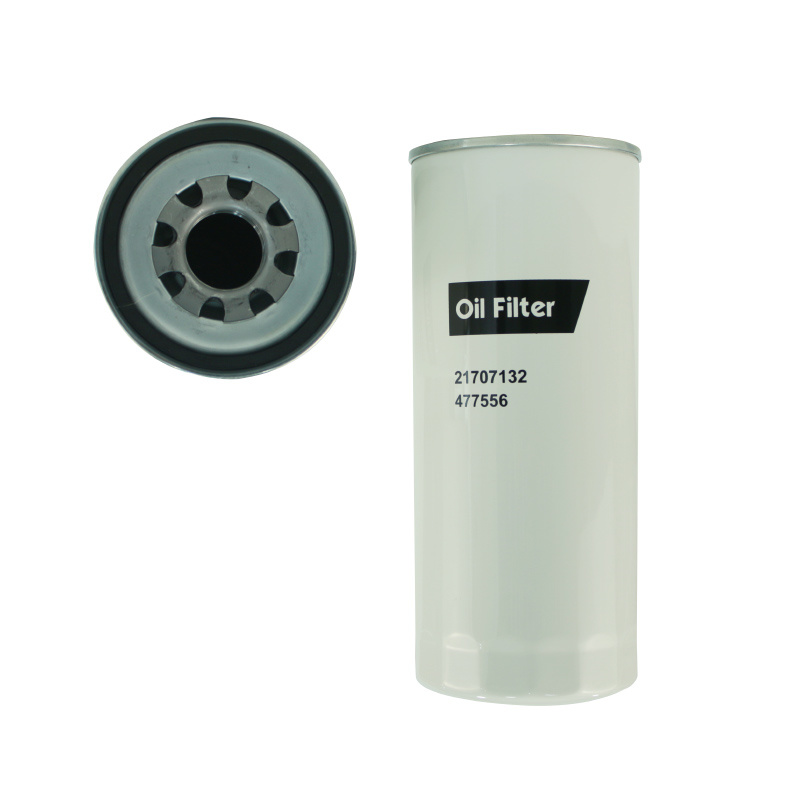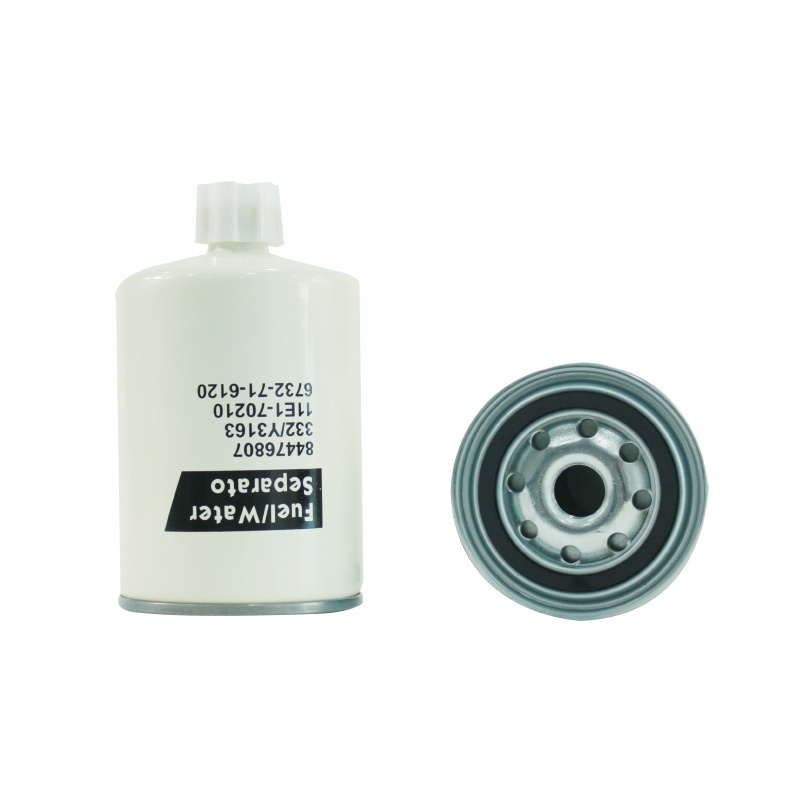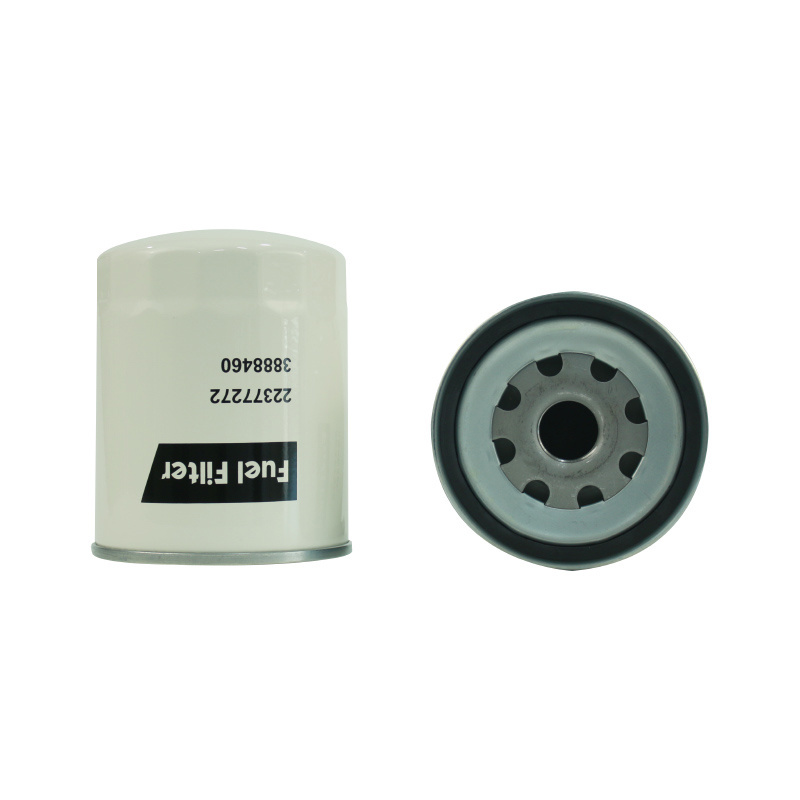Welcome to Hebei Takai Vehicle Parts Technology Co., Ltd.
The Essential Guide to Tractor Hydraulic Oil Filters: Enhancing Performance and Longevity
Release Time:
Jun 28,2025
Tractor hydraulic oil filters play a vital role in the overall functionality and longevity of hydraulic systems in agricultural and industrial equipment. These filters are designed to remove contaminants from hydraulic fluids, ensuring that the machinery operates efficiently and effectively. Contaminants such as dirt, metal particles, and other debris can significantly impair the performance of hy
Tractor hydraulic oil filters play a vital role in the overall functionality and longevity of hydraulic systems in agricultural and industrial equipment. These filters are designed to remove contaminants from hydraulic fluids, ensuring that the machinery operates efficiently and effectively. Contaminants such as dirt, metal particles, and other debris can significantly impair the performance of hydraulic systems, leading to increased wear and tear, reduced efficiency, and potential system failures.
Understanding the types and functions of hydraulic oil filters is essential for anyone involved in the maintenance and operation of tractors. Typically, hydraulic oil filters can be categorized into two main types: inline filters and return filters. Inline filters are installed in the hydraulic line and primarily function to filter contaminants before the fluid enters the hydraulic components. Return filters, on the other hand, are located in the return line and filter the oil before it re-enters the reservoir. Each type serves a specific purpose, and selecting the right filter for the application is critical to maintaining optimal performance.
When choosing a tractor hydraulic oil filter, several factors should be taken into consideration. First, it is essential to know the filtration rating, which indicates the size of particles the filter can effectively capture. A lower micron rating means the filter can trap smaller particles, which is crucial for protecting sensitive hydraulic components. Additionally, consider the flow rate of the filter, as it must match the hydraulic system’s specifications to prevent flow restriction.
Maintenance of hydraulic oil filters is equally important. Regular inspection and replacement of filters based on the manufacturer's recommendations can prevent system malfunctions and costly downtime. Many operators overlook the importance of timely filter replacements, leading to a buildup of contaminants that can result in reduced hydraulic efficiency and increased operational costs.
Moreover, using high-quality hydraulic oil filters can extend the life of hydraulic systems significantly. High-quality filters are designed with advanced filtration materials that enhance their ability to capture contaminants and withstand the harsh conditions often present in agricultural and industrial environments.
In summary, tractor hydraulic oil filters are essential components that ensure the effective operation of hydraulic systems. By understanding their functionality, selecting the right type, and adhering to a regular maintenance schedule, operators can enhance the performance and longevity of their equipment. Investing time and resources into maintaining hydraulic oil filters ultimately leads to better efficiency, reduced operational costs, and prolonged equipment life.
Understanding the types and functions of hydraulic oil filters is essential for anyone involved in the maintenance and operation of tractors. Typically, hydraulic oil filters can be categorized into two main types: inline filters and return filters. Inline filters are installed in the hydraulic line and primarily function to filter contaminants before the fluid enters the hydraulic components. Return filters, on the other hand, are located in the return line and filter the oil before it re-enters the reservoir. Each type serves a specific purpose, and selecting the right filter for the application is critical to maintaining optimal performance.
When choosing a tractor hydraulic oil filter, several factors should be taken into consideration. First, it is essential to know the filtration rating, which indicates the size of particles the filter can effectively capture. A lower micron rating means the filter can trap smaller particles, which is crucial for protecting sensitive hydraulic components. Additionally, consider the flow rate of the filter, as it must match the hydraulic system’s specifications to prevent flow restriction.
Maintenance of hydraulic oil filters is equally important. Regular inspection and replacement of filters based on the manufacturer's recommendations can prevent system malfunctions and costly downtime. Many operators overlook the importance of timely filter replacements, leading to a buildup of contaminants that can result in reduced hydraulic efficiency and increased operational costs.
Moreover, using high-quality hydraulic oil filters can extend the life of hydraulic systems significantly. High-quality filters are designed with advanced filtration materials that enhance their ability to capture contaminants and withstand the harsh conditions often present in agricultural and industrial environments.
In summary, tractor hydraulic oil filters are essential components that ensure the effective operation of hydraulic systems. By understanding their functionality, selecting the right type, and adhering to a regular maintenance schedule, operators can enhance the performance and longevity of their equipment. Investing time and resources into maintaining hydraulic oil filters ultimately leads to better efficiency, reduced operational costs, and prolonged equipment life.
You Can Also Learn More About Industry Trends












